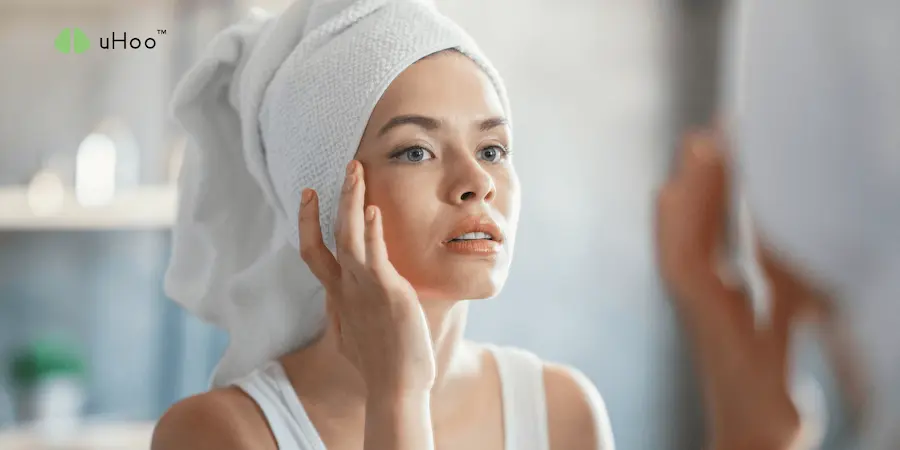Low humidity can wreak havoc on your skin, accelerating the aging process. When the air is dry, it strips your skin of its natural moisture, leading to a host of skin problems.
Your skin has a natural moisture barrier that helps retain hydration. However, low humidity can disrupt this barrier, making it easier for moisture to escape. As a result, your skin becomes dry, flaky, and more susceptible to irritation.
The Impact of Low Humidity on Your Skin:
- Premature Aging: Dry skin is more prone to fine lines and wrinkles.
- Loss of Elasticity: Dry skin loses its elasticity, making it less resilient and more prone to sagging.
- Increased Sensitivity: Dry skin is more sensitive to environmental factors, leading to redness, irritation, and inflammation.
- Eczema Flare-ups: Low humidity can exacerbate eczema, causing dry, itchy, and inflamed skin.
How to Combat Low Humidity for Healthy Skin:
- Use a Humidifier: A humidifier adds moisture to the air, helping to prevent dry skin. Place a humidifier in your bedroom or living room and make sure to use it when you notice your skin getting dry, especially during the winter months.
- Drink Plenty of Water: Staying hydrated from the inside out is crucial for healthy skin.
- Moisturize Regularly: Use a rich, hydrating moisturizer to replenish your skin’s moisture barrier.
- Avoid Hot Showers: Hot water can strip your skin of its natural oils. Opt for lukewarm showers instead.
- Use Gentle Cleansers: Harsh soaps can further dry out your skin, so choose gentle, fragrance-free cleansers.
- Monitor Indoor Air Quality: Use an air quality monitor like uHoo to track humidity levels and take steps to improve your air quality at home to protect and take care of your skin.
By taking these steps, you can help to maintain optimal humidity levels in your home and protect your skin from the damaging effects of dry air.

